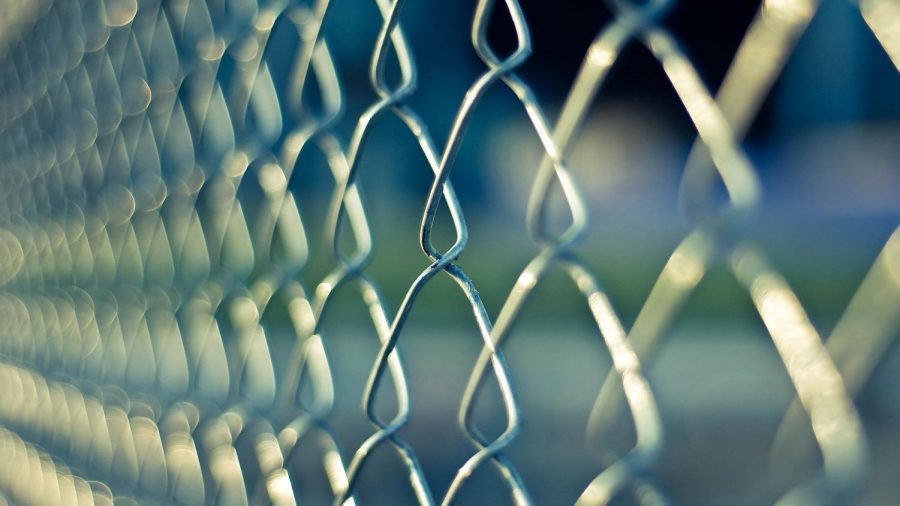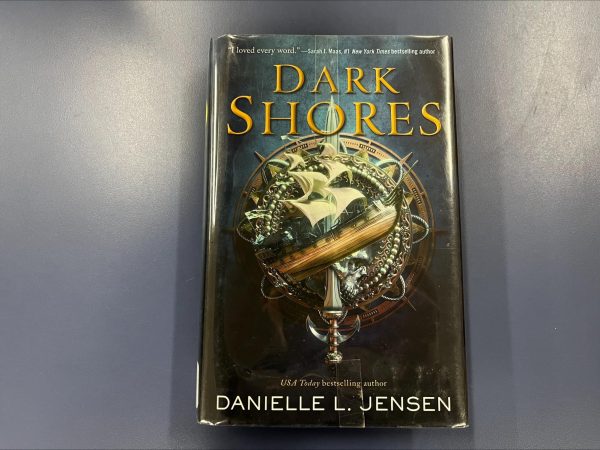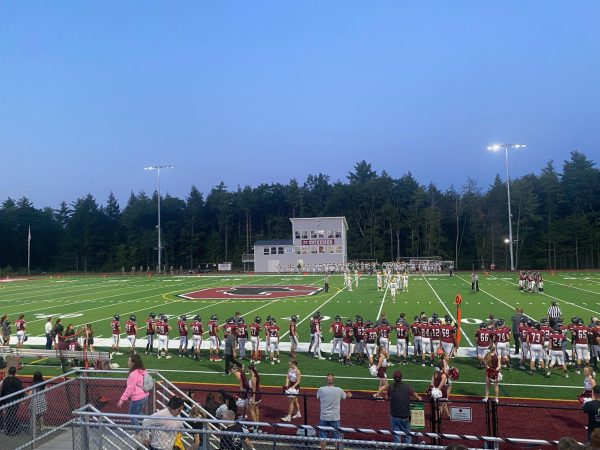The Truth Behind Private Prisons
An Unethical Institution
The United States is widely regarded as a world leader. We are known for our abundance of fast-food restaurants and massive superstores. To many, we are the representation of happiness and wealth. However, the United States is also the world’s leader in incarceration. As of 2020, there are currently 2.3 million people in the United States that are incarcerated- representing a 500% increase since 1980. The passing of laws that are “tough on crime” has not only placed more people in prison but extended their sentences. As a result, the number of those incarcerated has drastically increased. (1)
There are two types of prisons that inmates may be sent. Public prisons are owned by the government and are completely funded. In contrast, private prisons are run by corporations that make a profit off of the number of prisoners they house. These corporations receive a stipend from the government based on how much it costs to house each prisoner. For example, a corporation makes $50 off of each prisoner if they tell the government it costs $150 to house each inmate, when in reality: it only costs $100 each day. This amount is often less than what the government would pay if the prison was publicly owned. (2)
In theory, society uses prison as a form of punishment with the hope that serving a sentence not only attains justice- but allows for rehabilitative care. However, the goal of private prisons is not to provide rehabilitation, but rather to make a profit. In many instances, these corporations fail to provide inmates with doctors or cleaning services, thus dropping the average cost of each prisoner. I think it’s inhumane to make money off of the suffering of others. Private prisons essentially allow the practice of modern-day slavery, taking a group of people and placing a price tag on their lives. (2)
Justice should never be based on profit. Money should not be a factor when it comes to human life. I firmly believe that private prisons should be outlawed, as they benefit from the racism and inequality that places people in jail. Despite making up only 37% of the population, people of color represent 67% of the prison population. Many of these “tough on crime” laws that have been passed, target minority communities where socioeconomic inequity is often a strong correlation for high rates of crime. (1)
The existence of private prisons is a key reminder that our prison system is far from perfect. The idea that these corporations would rather place their prisoners in terrible conditions than to lose money is appalling. I believe the government should be the sole body responsible for prisons, stripping away power from these selfish corporations. Allowing prisons to profit off of inmates destroys the whole premise of the prison system and is a disservice to every person that values human life. At the end of the day, when is justice ever really just if there’s money involved?
https://www.sentencingproject.org/criminal-justice-facts/ (1)
https://www.investopedia.com/articles/investing/062215/business-model-private-prisons.asp (2)

Alyssa is a senior at Goffstown High School. In her free time, she loves to play field hockey and volunteer within her community. She enjoys studying human...








